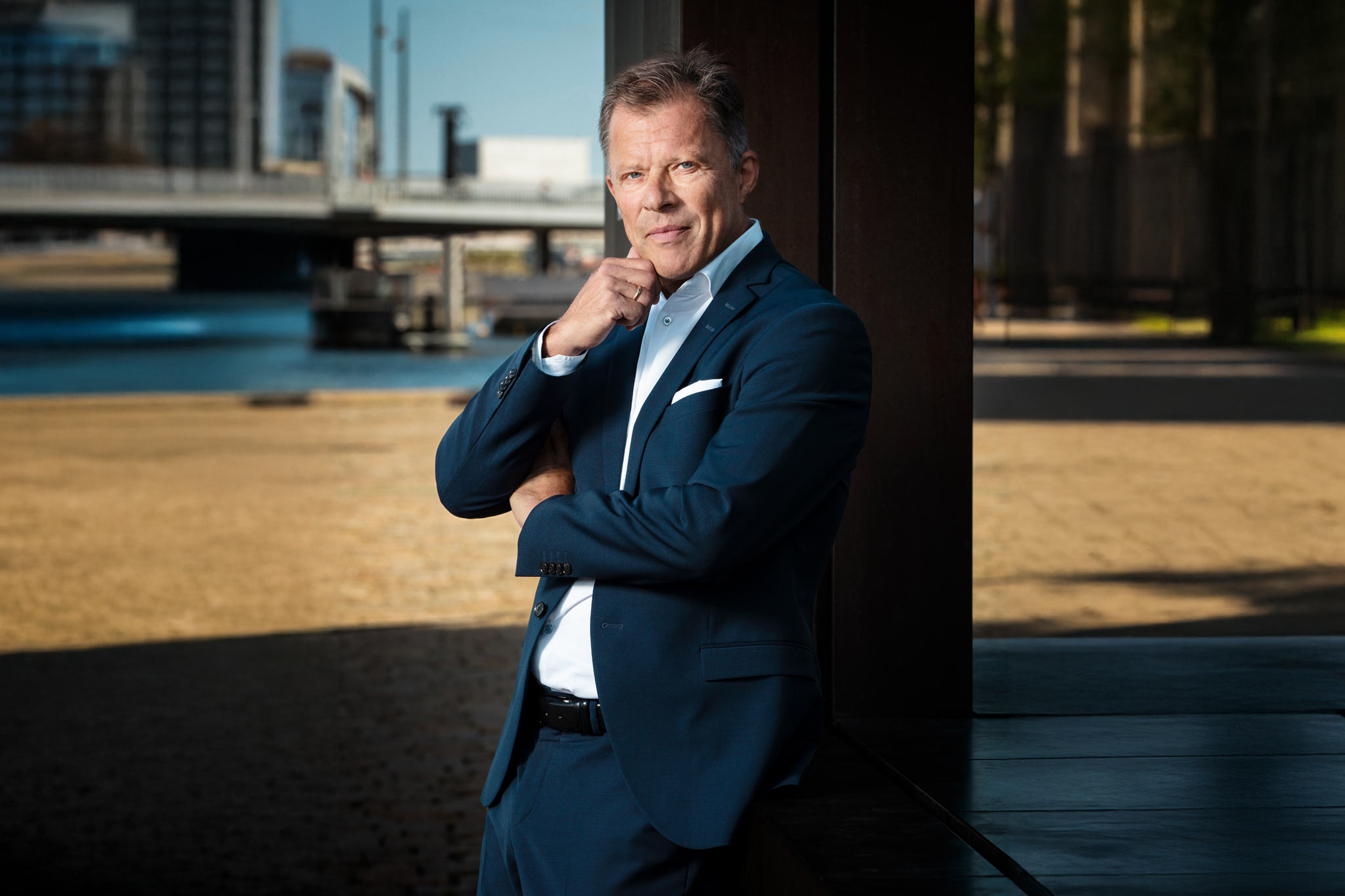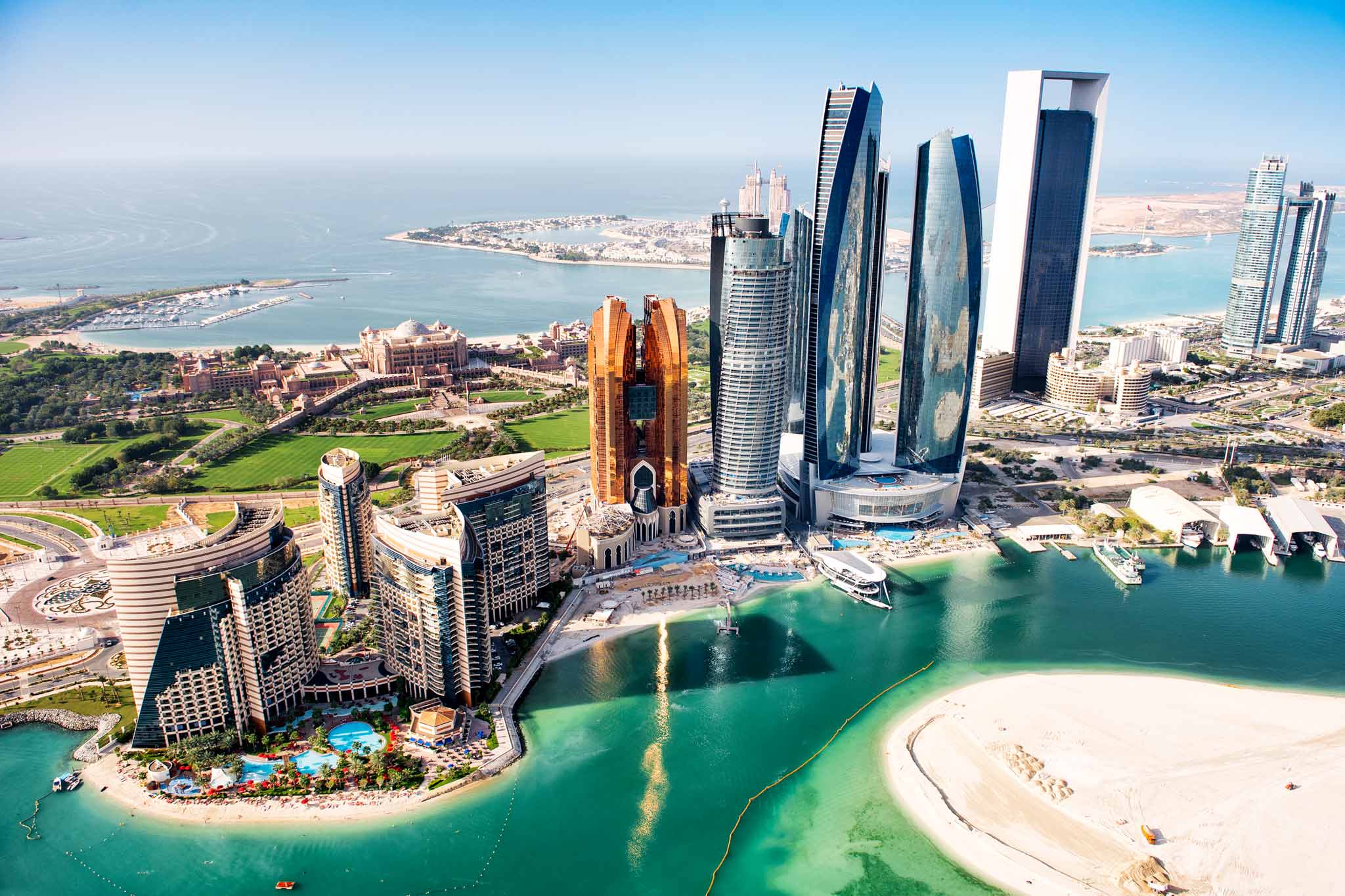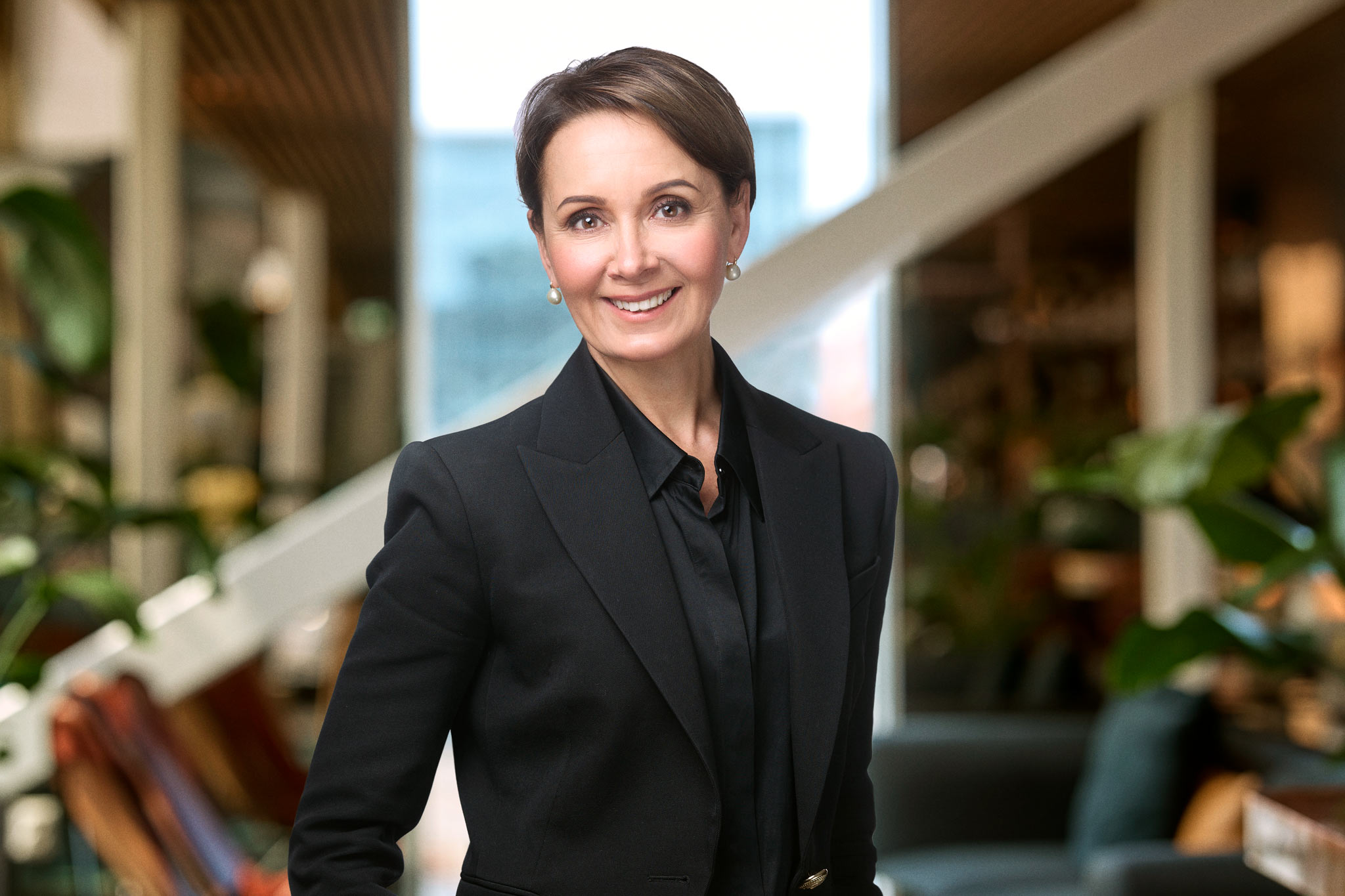Having worked with Radisson Hotels for 24 years, Ole Sorang now wants to help create a Scandinavian Meetings Manifesto. He sees significant similarities in meetings and events between Scandinavian countries, such as a focus on sustainability, democracy, engaging people in decisions, education, and adopting the new in a critical way, for example, AI and digitalisation, mirroring the Nordic Food Manifesto to what could be the potential for meetings.
Ole Sorang also calls for more role models in the business events industry. He is a role model and pioneer in many ways, considering his contribution to the international meetings industry. For example, he was the man who created the Copenhagen Lecture on the last day of the ICCA World Congress back in 1996. He also cocreated the food concept Brain Food within Radisson Hotels, which made the business event industry leap forward by understanding the importance of food for meeting outcomes and people’s wellbeing.
Since October, Ole Sorang has been the new CEO of the Danish company Optimeet, one of Scandinavia’s largest meeting and event industry marketplaces. The appointment marks a strategic step for Ole Sorang and Optimeet, which aims to strengthen the company’s position further and expand. The company drives knowledge, value, and relationships by connecting business event buyers with suppliers and meeting facilities and providing related services such as catering, technology, and team building.
“I am delighted to enter this role when Optimeet faces many exciting opportunities. We have ambitious goals to expand our business in both Denmark and internationally. I look forward to working closely with our team and partners to create greater customer value.”
With more than 30 years of international experience in the hospitality, tourism, and meetings industry, Ole Sorang brings a solid foundation of industry knowledge to his new role. He has also spent almost 25 years with Radisson Hotel Group, most recently as European Marketing Director, where he was involved in 28 markets and the launch of over 200 hotels, outlets, and convention centres in Europe. Furthermore, he has served on several boards over the past 15 years, including Visit Denmark, National Tourism Forum, Meetingplace Wonderful Copenhagen and Capital Region Growth Council.
In addition to his long-standing involvement in Danish tourism, Ole Sorang has served on the European and global boards of Meeting Professionals International (MPI) for several years. He is also the initiator of establishing the MSc programme in Meetings & Events, Travel and Tourism Management at Copenhagen Business School (CBS).
New technologies such as AI, the metaverse, and an increased demand for sustainable solutions are transforming the global meetings industry. Optimeet looks forward to playing a central role in this development by creating a foundation for exchanging knowledge, ideas, and innovation in the meetings industry.
“A major statement I think should be emphasised more often is that there is no single conflict in the world that we do not solve through a meeting”
Ole Sorang notes that conferences, congresses, meetings, and events are among tourism’s most lucrative business segments. Although the business area was severely shaken during the Covid pandemic, face-to-face meetings are back. Business events in Denmark account for over €5 billion of total tourism revenue. In Scandinavia, including Finland, the figure is over €25 billion.
“At Optimeet, we focus on strengthening business events and the meetings industry in general, and we help connect and match buyers of meetings and events with the most suitable facilities and suppliers through various activities. The meetings industry is undergoing exciting developments that we must respond to, and I look forward to helping our partners open up new opportunities.
“We have our own and many individual strategies in meetings and events, but we also work together to develop the overall meetings industry. A major statement I think should be emphasised more often is that there is no single conflict in the world that we do not solve through a meeting. Ukraine/Russia and Israel/Palestine are two examples. Meetings are needed. That is the power of meetings. If you know what meetings can do to people, they’re the most powerful tool you have to communicate, share knowledge, embrace, engage, etcetera. It’s super important.”
To maintain a high level of business intelligence, Ole Sorang likes to read various reports to expand all the synapses of knowledge and challenge his brain to think further.
“Is what I read relevant? It could be about sustainability, AI, legacy or digitalisation. McKinsey has published the report State of Tourism and Hospitality 2024. Here, we can read that interregional travel is the second largest opportunity after domestic travel. So, when you take the younger generations, and interregional, for example, Scandinavian travel, we see that it is growing. But there are three different scenarios. One scenario says that travel will not increase that much. Then there’s one called The Boom, and then there’s The Buzz. It is relatively clear that travel will continue to increase over the next 10–15 years. Whatever the scenario.
“I believe that there could be more interregional growth, even in some destinations, which are, how shall we say, secondary destinations. There are some opportunities, and that narrative must also be considered concerning the social value in Sweden, Norway, and Denmark. The Danish business government just launched incremental efforts to drive more international tourism and specifically focus on meetings and events. This focus has been achieved over the last 25–30 years to create, for example, jobs, income, and export earnings.
“We believe that if we are going to solve something, we have to meet and talk together to solve what we have to solve. That is why I am in favour of a Scandinavian Meeting Manifesto. We have great similarities in our countries, which have been democracies for many years and where the meeting solves the problems that need to be solved. That is why I see the whole of Scandinavia as a market for this meeting manifesto. Just as they did when they created the Scandinavian Food Manifesto. The top chefs created what needed to be made, and the success was total. Today, people travel worldwide to eat in our countries, and our chefs are often at the top of the Bocuse d’Or, the World Culinary Championships.”
“Meetings are needed. That is the power of meetings”
Ole Sorang is convinced that meetings and the business events industry will continue to develop over the next 25 years. But some destinations will take more initiative. We will see the second, third, fourth and fifth largest cities in many countries take rapid and significant steps forward. More and more people are also curious about cities other than the capital.
“Radisson Hotels has been an amazing chapter. Now I’m ready for the new, and this is the right time to change projects. I still love to work and am passionate about the meetings industry. I am so fortunate that it is my passion. I have 25 years of experience and 30 years in the meetings industry. I think I can make a difference here. I get a lot of respect when I talk to stakeholders about my ambitions, about what I think should be the ambitions of the meetings industry. I think we’ve lost some momentum in the very value of meetings. We are not where we should be and where we were a few years ago, but we will get there again and even further.”
One path Ole Sorang wants to explore at the next Optimeet Expo 2025, which is held on March 20 at Bella Arena Copenhagen, is to get more researchers in tourism, meetings, and events from all over Scandinavia to attend some of the parallel, bilateral meetings in conjunction with the trade fair, which is the largest business events trade fair in Scandinavia.
“We work together, stand together, and all support the same legacy, which is that the meetings industry has been important in the past for Copenhagen and, of course, even more significant for the future. So, the legacy here in Copenhagen and this sustainable cooperation should be developed and deepened. It is also essential to get the meeting industry to emphasise the importance of the agenda. It is super, super important. There has been a major development in many destinations, new places, and new opportunities. And this is a growth opportunity to put more people to work. The meeting industry and the tourism industry are strong adapters. Let’s ensure we continue developing these opportunities.
“The global meeting and event industry is a multi-billion-dollar business. Countries and destinations invest considerably to attract events, meetings, and congresses, the most lucrative tourism segments. It is a global and very competitive market. In Scandinavia, we can think differently, develop, and design a competitive edge based on a fantastic legacy from education, sustainability, evolving and adapting innovation, and technology.”



